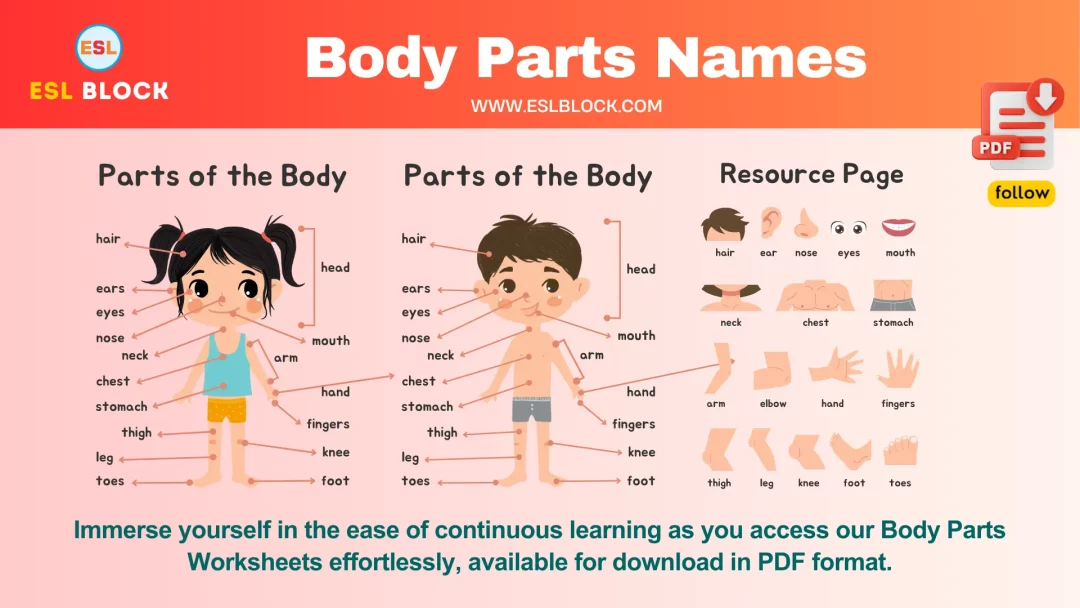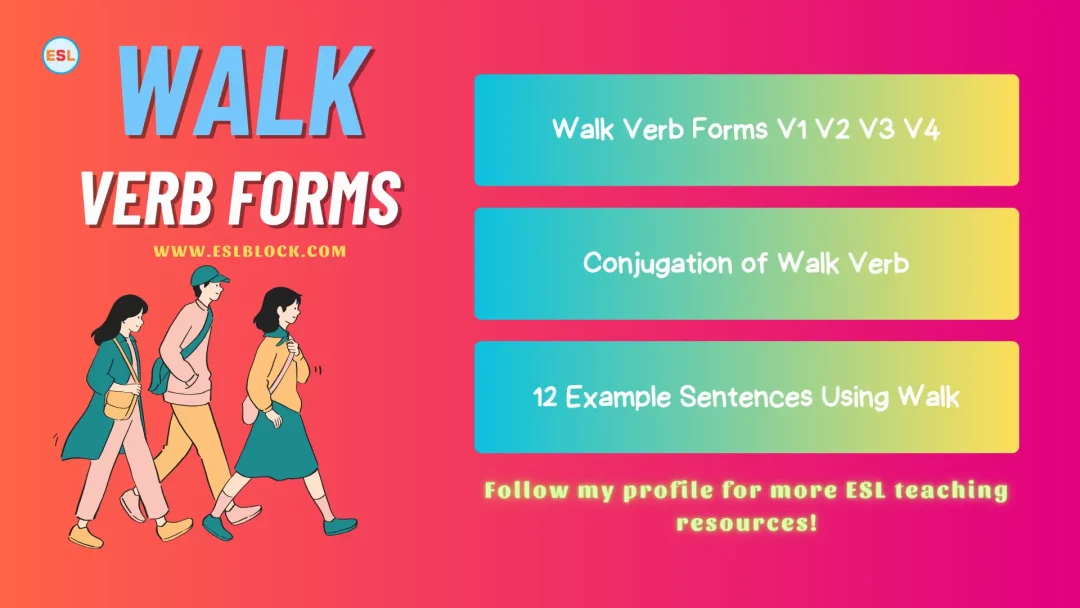Auxiliary Verbs in English with Example Sentences

![]()
Let’s explore the realm of auxiliary verbs, the unsung heroes seamlessly threading through the fabric of English grammar! ? Nestled within the intricate structure of parts of speech, auxiliary verbs play a crucial role in supporting and shaping our expressions.
In this exploration, we’ll uncover the definition, meaning, and significance of auxiliary verbs, delving into their place in the dynamic tapestry of English language construction.
Auxiliary verbs, often operating behind the scenes, hold a distinctive position among parts of speech. ? Unlike main verbs that carry the primary meaning in a sentence, auxiliary verbs work in tandem to provide additional information about tense, mood, voice, and more. In this article, we’ll demystify the essence of auxiliary verbs, unraveling their importance in the nuanced dance of English grammar.
Also Check: Parts of Speech
What are Auxiliary Verbs?
Auxiliary verbs, also known as helping verbs, are linguistic assistants that accompany the main verb to convey additional information about the action or state in a sentence. These verbs work in harmony with the main verb, aiding in the formation of tenses, moods, and voices.
For example, in the sentence “He is reading a book,” the auxiliary verb “is” assists the main verb “reading” by indicating the present continuous tense. This collaboration allows auxiliary verbs to enhance the precision and complexity of our language, offering nuanced details about the action or state being described.
Examples of Auxiliary Verbs
Explore the world of auxiliary verbs through this list:
- Be (am, is, are, was, were, been, being)
- Have (has, have, had)
- Do (do, does, did)
- Shall
- Will
- Should
- Would
- May
- Might
- Must
- Can
- Could
Example Sentences using Auxiliary Verbs
- She is watching a movie with her friends.
- John and Mary have completed their assignments.
- We do enjoy hiking in the mountains.
- Shall we meet for coffee tomorrow, Jake?
- He will visit his grandparents over the weekend.
- They should consider the consequences before deciding.
- She would always bring her dog to the park.
- May I borrow your pen for a moment, Emma?
- The project might be completed by next month.
- Students must submit their applications before the deadline.
- Can you help me with this heavy box, Alex?
- She could solve complex math problems effortlessly.
- They are going to the concert tonight.
- We had a wonderful time at the beach.
- The team has won the championship.
- He did finish his homework before dinner.
- She will be studying abroad next semester.
- Should we bring a gift to the party, Olivia?
- The flowers have bloomed beautifully in the garden.
- You must attend the mandatory training session.
Conclusion
In the intricate dance of English grammar, auxiliary verbs emerge as reliable partners, enriching our expressions with subtle nuances. ? Their collaborative effort with main verbs contributes to the precision of tense, mood, and voice, allowing us to convey intricate details in our language.
As we navigate the vast terrain of parts of speech, let’s recognize the importance of auxiliary verbs in sculpting the grammatical landscape, offering depth and complexity to our sentences.
In the grand orchestration of words, auxiliary verbs stand as the harmonizers, ensuring the seamless flow and clarity of our language.






